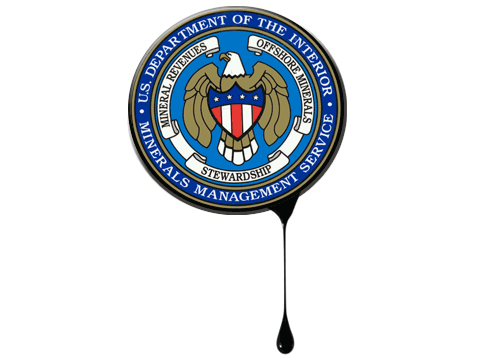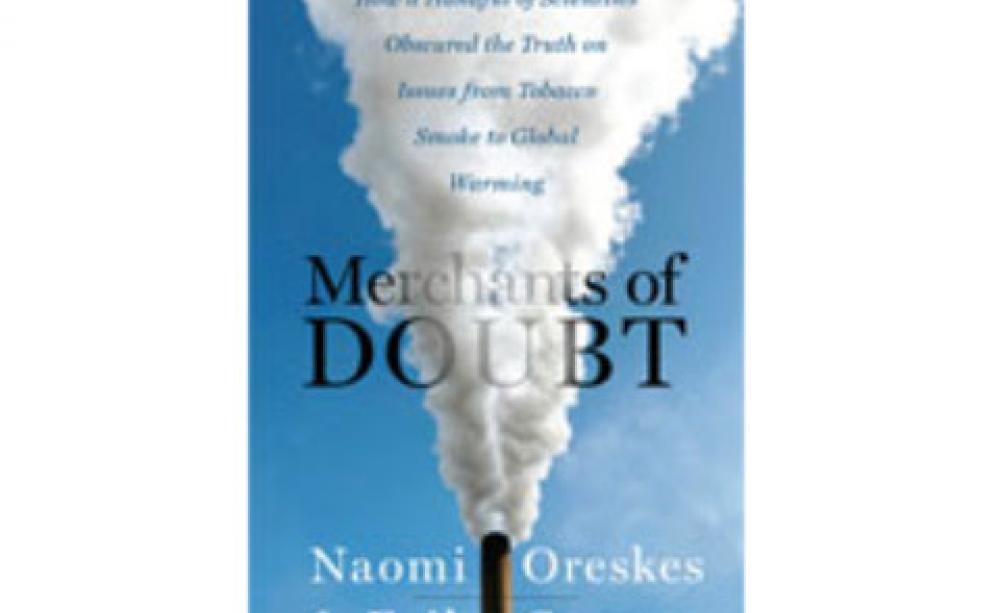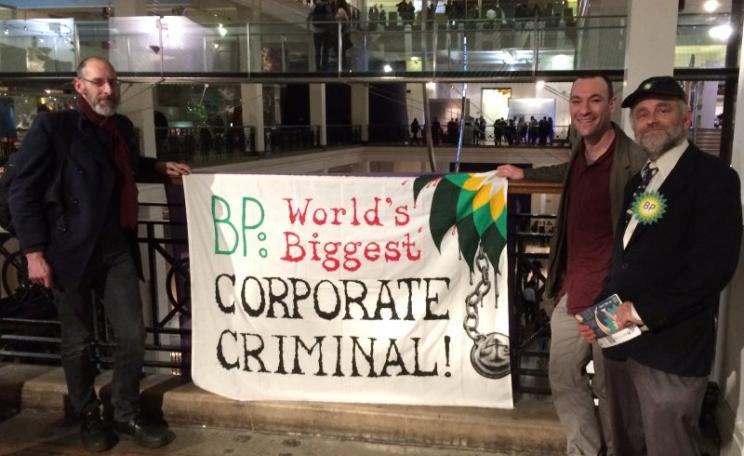'We have for too long known enough to warrant action - this book reconfirms there is no excuse for delay'
In 2006 the tobacco industry was convicted of criminal conspiracy to defraud the public about the dangers of smoking. Internal documents from the 1960s released during the landmark trial showed that the industry’s own scientists had confirmed the link between smoking and cancer. Yet for over fifty years the tobacco companies waged a multi-million dollar campaign to put doubt into the public mind, muddy the waters by funding their own research, and fend off both court cases and government regulation.
Similarly with climate change, as early as 1979 the basic science was settled. That year President Jimmy Carter commissioned the National Academy of Sciences to review the available science and the NAS concluded: ‘If carbon dioxide continues to increase, the study group finds no reason to doubt that climate change will result and no reason to believe that these changes will be negligible.’
Hijacking the research
But the following year, the industry fight-back started. After Congress initiated a major research programme under the newly-created Climate Research Board it was immediately hijacked by economists. The conclusion of their first report – which ran in opposition to all the evidence coming from physical scientists – was that there was no real reason for action. That was exactly what the energy lobbyists and the Department for Energy wanted to hear.
It was not until 1989, when the case for action on climate change started to gain political momentum, that the attack on the science began. The George C Marshall Institute wrote a report claiming that the sun was to blame for global warming. They produced an unpublished (non-peer reviewed) ‘white paper’ which cherry picked data and presented it directly to senior White House staff. Despite its lack of scientific basis, it had the desired effect and stopped US climate action in its tracks.
When the UN Intergovernmental Panel on Climate Change started reviewing and reporting on the state of the science in the 1990s, the same coterie of people along with associated corporate lobby groups continued their attacks. As the boards of the American Meteorological Society and the University Corporation for Atmospheric Research put it in 1996, ‘Rather than carrying out a legitimate scientific debate through the peer-reviewed literature, they are waging in the public media a vocal campaign against scientific results with which they disagree.’
Killing global warming
Did it work? Yes. As Naomi Oreskes & Erik M. Conway conclude in Merchants of Doubt – How a Handful of Scientists Obscured the Truth on Issues from Tobacco Smoke to Global Warming ‘This divergence between the state of the science and how it was presented in the major media helped make it easy for our government to do nothing about global warming.’ By July 1997 when the US Senate voted unanimously against signing the Kyoto Protocol, ‘Scientifically, global warming was an established fact. Politically, global warming was dead.’
The idea was simple. Emphasize uncertainty, create controversy. As long as there is doubt there will be no legislation. In ‘Merchants of Doubt’ Oreskes and Conway show how this formula was repeated in successive campaigns, casting confusion on the links between sulphur emissions from coal-fired power stations and acid rain, and the chlorofluorocarbons used in spray cans and fridges and the hole in the ozone layer.
While ‘Merchants’ focuses on a few key individuals that recur in each story – scientists and economists such as Fred Seitz, Fred Singer and Bill Nierenberg - ultimately these people are mere accomplices, hired hands ‘willing’, as the authors put it, ‘to hold the rifle and pull the trigger’ on the science for the corporate boards and their shareholders.
The strength of the book is the rigour of the research and the in-depth focus on key incidents. However, the climate change chapter is a mere 50 pages, so if you want to get a broader picture of this aspect, you might want to refer to other books such as James Hogan’s ‘Climate Cover-Up’, George Monbiot’s ‘Heat’ and Ross Gelbspan’s ‘The Heat is On’ and ‘Boiling Point’. There’s not much here about the millions of dollars Exxon Mobil has put into funding the web of groups involved in actively promoting climate doubt and denial, for example.
Like the tobacco industry story, we may not get the full picture of corporate-manufactured climate change doubt until many years after the fact. Indeed revelations continue to emerge. In March this year, for example, a Greenpeace US investigation showed how the billionaire owners of little-known oil company Koch Industries have pumped nearly $50m into climate change denial.
We have for too long known enough to warrant action and this book reconfirms that there is no longer any excuse for delay.
'We have for too long known enough to warrant action - this book reconfirms there is no excuse for delay'
Merchants of Doubt – How a Handful of Scientists Obscured the Truth on Issues from Tobacco Smoke to Global Warming – Naomi Oreskes & Erik M. Conway is published by Bloomsbury Press, £25
Phil England is a freelance writer and producer of climateradio.org
| READ MORE... | |
 |
NEWS US oil giant pumps $48m into climate sceptic groups Report finds Kansas-based Koch Industries has been financing opposition to environmental regulation, clean energy and climate scepticism |
 |
GREEN LIVING The Ecologist's top ten eco summer reads Seven top environmentalists recommend their reads for the summer, covering everything from psychological thrillers to steady state economics |
 |
INVESTIGATION Esso's tactics to create uncertainty over climate change How Esso employs tactics and people used by tobacco firms to create uncertainty over the science of climate change. Report by Jon Hughes |
 |
COMMENT MMS - the three initials behind the BP Deepwater Horizon oil disaster BP is in trouble. Big trouble. But others are to blame for the ongoing oil leak in the Gulf of Mexico, and the US Mineral Management Service is at the top of the list... |
 |
COMMENT 'Climategate' is the first in a new wave of attacks The emails hacked from the servers of the University of East Anglia continue to cause controversy. But it was not a singular attack, says Chris Genovali, just the only successful one so far... |








